CONTENTS
First published 2007 by Ashgate Publishing
Published 2016 by Routledge
2 Park Square, Milton Park, Abingdon, Oxon OX14 4RN
711 Third Avenue, New York, NY 10017, USA
Routledge is an imprint of the Taylor & Francis Group, an informa business
Copyright Xinli Wang 2007
Xinli Wang has asserted his moral right under the Copyright, Designs and Patents Act, 1988, to be identified as the author of this work.
All rights reserved. No part of this book may be reprinted or reproduced or utilised in any form or by any electronic, mechanical, or other means, now known or hereafter invented, including photocopying and recording, or in any information storage or retrieval system, without permission in writing from the publishers.
Notice:
Product or corporate names may be trademarks or registered trademarks, and are used only for identification and explanation without intent to infringe.
British Library Cataloguing in Publication Data
Wang, Xinli
Incommensurability and crosslanguage communication.
(Ashgate new critical thinking in philosophy)
1 .Communication in science Philosophy 2.Science History
I.Title
501.4
Library of Congress CataloginginPublication Data
Wang, Xinli, 1956
Incommensurability and crosslanguage communication / Xinli Wang.
p. cm. (Ashgate new critical thinking in philosophy)
Includes bibliographical references and index.
1. Comparison (Philosophy) 2. Contrastive linguistics. 3. Comparative linguistics. 4. Translating and interpreting. 5. Communication. I. Title. II. Series.
BD236.W36 2006
121dc22
2006011548
ISBN 13: 978-0-7546-3034-0 (hbk)
Contents
Professors Anne Hiskes, Austen Clark, Scott Lehmann, and Samuel Wheeler III, my mentors at the University of Connecticut, Storrs, read early versions of several chapters of the manuscript. They are exceptionally perceptive philosophers and generous friends. Their illuminating questions, detailed written comments, extensive criticisms, and insightful suggestions enabled me to make considerable improvements on the earlier drafts. Without their help and encouragement, I might still be struggling in the morass of the issue of incommensurability. I realize that all those cited above are unlikely to agree with all of my conclusions, but they can pride themselves on having diverted me from erroneous claims that I might have said and helped me to bring my ideas and arguments into clearer focus. I owe an enormous intellectual debt and immense gratitude to them.
I am very fortunate to have the writer Joe Schall as my book editor, who used his literary talent to help me make my expressions more accurate, idiomatic, and readable.
I am grateful to the research leave granted to me by Juniata College in 2005, during which the final version of the book was written. Special thanks go to the college provost, Dr James Lakso, who, besides giving me continuous administrative support and moral encouragement during the past few years, graciously provided a research fund from his offices budget to cover the cost of the manuscript preparation.
I am deeply in debt to an anonymous manuscript reviewer, one of the Ashgate New Critical Thinking in Philosophy advisors, who gave a positive evaluation to the project and provided me with many insightful suggestions.
Many thanks also to Publisher Sarah Lloyd, Humanities Editorial Administrator Anne Keirby, Commissioning Editor Paul Coulam, and editor Jane Fielding at Ashgate Publishing Limited, for their extreme patience and help throughout the process of producing this book.
All errors, either philosophical or linguistic, that may exist in the book are, of course, my sole responsibility.
An earlier version of several chapters of this book appeared in a few philosophy journals. is a revision based on my article Presuppositional Languages and the Failure of Cross-Language Understanding, Dialogue: Canadian Philosophical Review XLII (2003). I appreciate the editors and publishers for giving me permission to use them in this book.
INCOMMENSURABILITY AND CROSS-LANGUAGE COMMUNICATION
A dominant epistemological assumption behind Western philosophy is that it is possible to locate some form of commonality between languages, traditions, or cultures such as a common language or lexicon, or a common notion of rationality which makes full linguistic communication between them always attainable. Xinli Wang argues that the thesis of incommensurability challenges this assumption by exploring why and how linguistic communication between two conceptually disparate languages, traditions, or cultures is often problematic and even unattainable. According to Wangs presuppositional interpretation of incommensurability, the real secret of incommensurability lies in the ontological set-ups of two competing presuppositional languages.
This book provides many original contributions to the discussion of incommensurability and related issues in philosophy and offers valuable insights to scholars in other fields, such as anthropology, communication, linguistics, scientific education, and cultural studies.
ASHGATE NEW CRITICAL THINKING IN PHILOSOPHY
The Ashgate New Critical Thinking in Philosophy series brings high quality research monograph publishing into focus for authors, the international library market, and student, academic and research readers. Headed by an international editorial advisory board of acclaimed scholars from across the philosophical spectrum, this monograph series presents cutting-edge research from established as well as exciting new authors in the field. Spanning the breadth of philosophy and related disciplinary and interdisciplinary perspectives Ashgate New Critical Thinking in Philosophy takes contemporary philosophical research into new directions and debate.
Series Editorial Board:
David Cooper, University of Durham, UK
Peter Lipton, University of Cambridge, UK
Sean Sayers, University of Kent at Canterbury, UK
Simon Critchley, University of Essex, UK
Simon Glendinning, University of Reading, UK
Paul Helm, Kings College London, UK
David Lamb, University of Birmingham, UK
John Post, Vanderbilt University, Nashville, USA
Alan Goldman, University of Miami, Florida, USA
Joseph Friggieri, University of Malta, Malta
Graham Priest, University of Melbourne, Australia
Moira Gatens, University of Sydney, Australia
Alan Musgrave, University ofOtago, New Zealand
To the Memory of
My father, Shi-Rong Wang  (1914-1982)
(1914-1982)
For My Inspirations
My wife, Ling Xu 
My daughter, Jenny Wang 
Chapter 1
The Many Facets of Incommensurability
In most situations, the speakers of two different scientific languages, i.e., the languages of comprehensive scientific theories, can effectively understand one anothers language and successfully communicate with each other. However, in some cases, effective mutual understanding and communication are problematic, difficult, and even in some measure unattainable between two substantially distinct scientific languages.


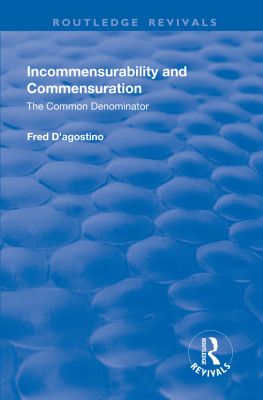
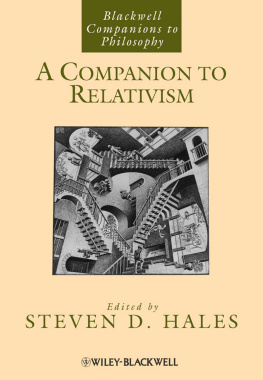
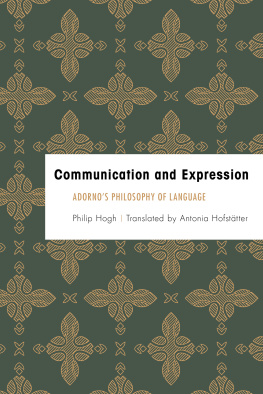
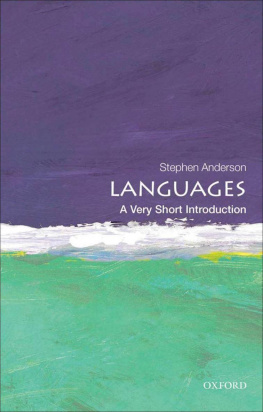
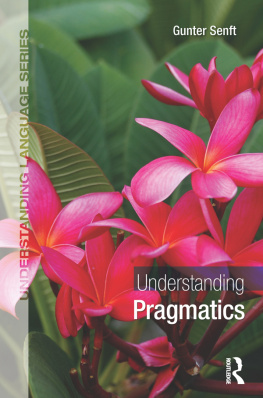

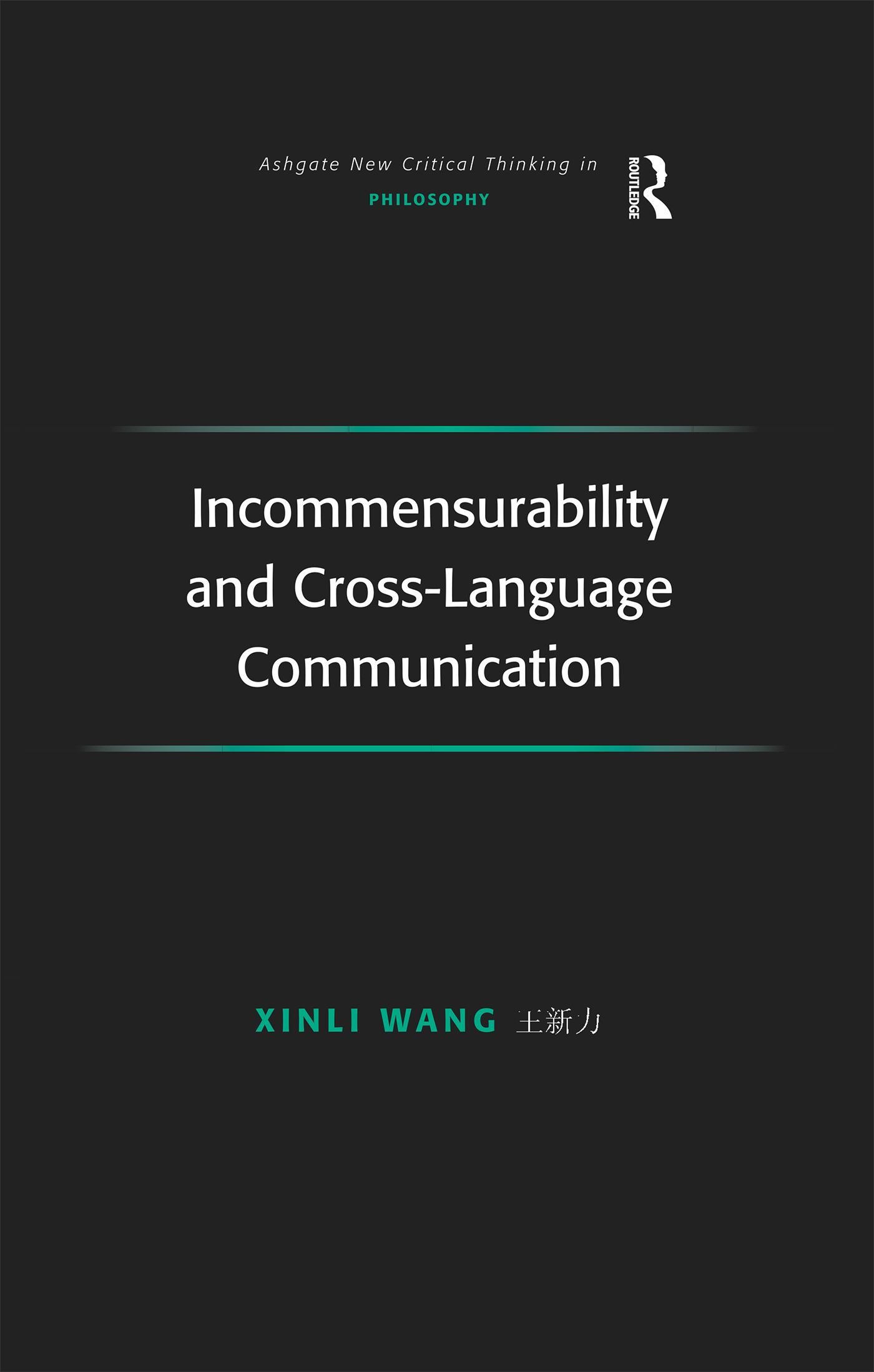
 (1914-1982)
(1914-1982)
